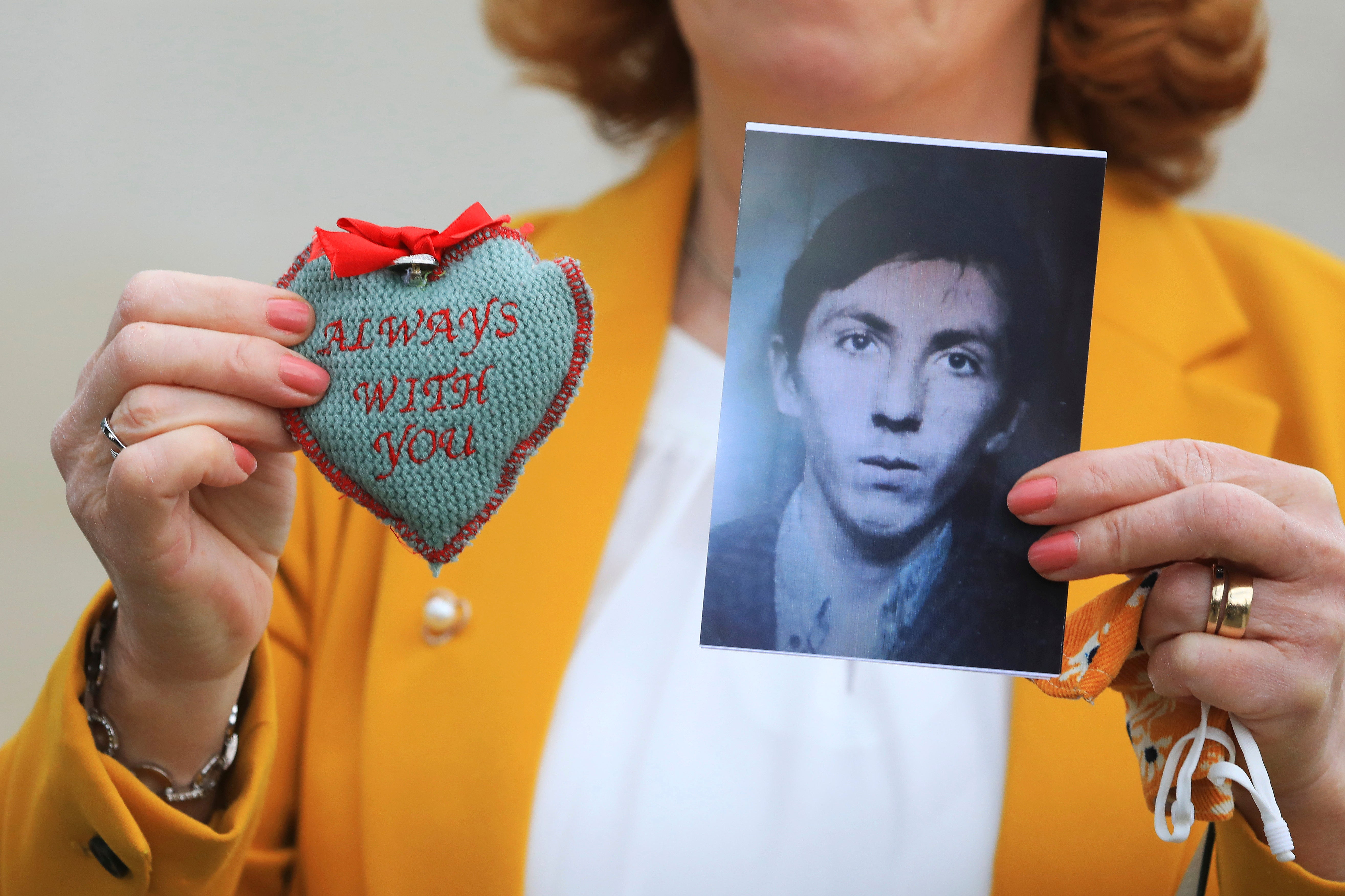Coroner rules victims in 1971 Belfast shooting were innocent
A coroner in Northern Ireland has ruled that 10 people killed during a military operation in west Belfast 50 years ago were “entirely innocent’’ and soldiers were responsible for nine of the deaths

Your support helps us to tell the story
From reproductive rights to climate change to Big Tech, The Independent is on the ground when the story is developing. Whether it's investigating the financials of Elon Musk's pro-Trump PAC or producing our latest documentary, 'The A Word', which shines a light on the American women fighting for reproductive rights, we know how important it is to parse out the facts from the messaging.
At such a critical moment in US history, we need reporters on the ground. Your donation allows us to keep sending journalists to speak to both sides of the story.
The Independent is trusted by Americans across the entire political spectrum. And unlike many other quality news outlets, we choose not to lock Americans out of our reporting and analysis with paywalls. We believe quality journalism should be available to everyone, paid for by those who can afford it.
Your support makes all the difference.A coroner in Northern Ireland has ruled that 10 people killed during a military operation in west Belfast 50 years ago were “entirely innocent’’ and soldiers were responsible for nine of their deaths.
Family members applauded as coroner Siobhan Keegan delivered her findings in the inquest into the deaths, which occurred during three days of unrest in August 1971. The shootings took place in the Ballymurphy area of Belfast during the sectarian conflict in Northern Ireland that became known as The Troubles
Though she acknowledged the times were chaotic, Keegan ruled that none of the victims had been engaged in paramilitary activity at the time they were shot. The victims included a mother of eight, a Catholic priest and a World War II veteran.
The inquest was ordered in 2011 following a campaign by the victims’ families. It ultimately heard more than 100 days of testimony during hearings that stretched from November 2018 to March 2020.